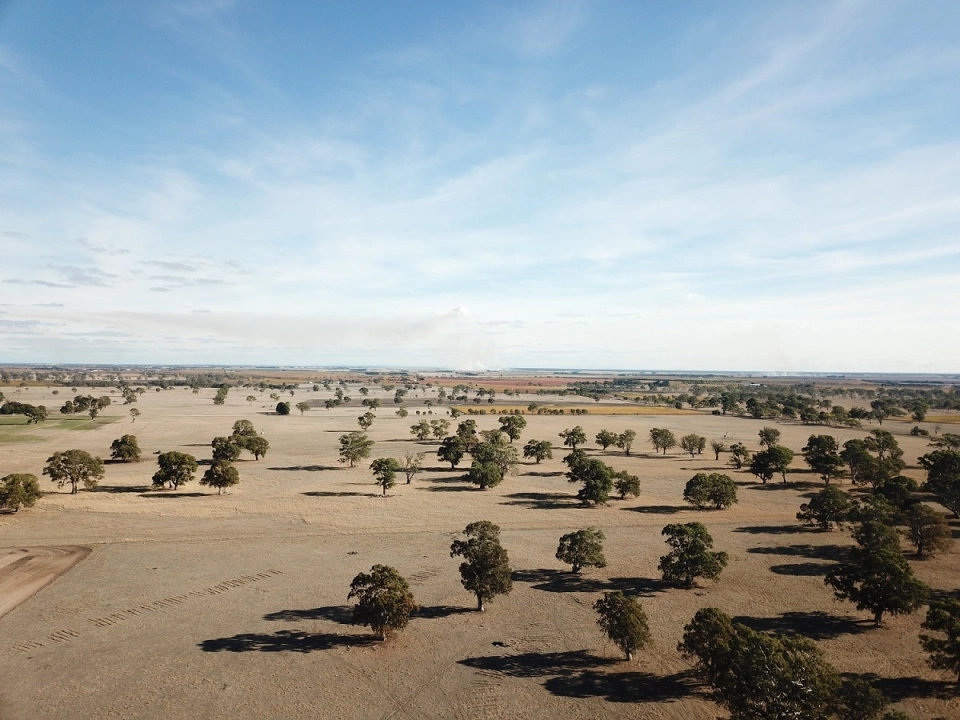South Australian Firearms Laws.
Published on Wednesday 09 October, 2019 by Nic Kernahan
In 2017, new firearms laws came into effect in South Australia. Amongst other things, the new laws created new offences in relation to firearms. If you have or want to obtain a firearm, here’s what you need to know –

Categories of Firearms
Under South Australian law, there are 5 categories of firearms (A, B, C, D and H). Knowing which type of firearm you have is important because different penalties apply. The categories of firearms are as follows:
Rifles | |
Rim fire rifles (not self-loading) | A |
Revolving chamber rifles | B |
Centre fire rifles | B |
Multiple barrel centre file rifles (not designed to hold additional rounds in a magazine) | B |
Self-loading rim fire rifles, with magazine capacity of 10 rounds or less | C |
Self-loading rim fire rifles, with magazine capacity of more than 10 rounds | D |
Self-loading centre fire rifles | D |
Shotguns | |
Shotguns | A |
Self-loading shotguns, with magazine capacity of 5 rounds or less | C |
Self-loading shotguns, with magazine capacity of more than 5 rounds | D |
Pump action shotguns, with magazine capacity of 5 rounds or less | C |
Pump action shotguns, with magazine capacity of more than 5 rounds | D |
Combination guns | |
Break action combination shot guns and rim fire rifles | A |
Break action combination shotguns and rifles | B |
Muzzleloaders | |
Muzzle loading firearms (other than handguns) | B |
Handguns | |
Handguns (other than prescribed firearms) | H |
Other | |
Air guns | A |
Paintball guns | A |
All other firearms that are not in category A and are not prescribed firearms, handguns, self-loading firearms or pump action shotguns | B |
There are also some types of firearms which are ‘prescribed firearms’. Prescribed firearms are automatic firearms, mortars, bazookas, rocket propelled grenades, similar military firearms designed to fire explosive projectiles, firearms designed to fire projectiles containing tear gas or similar substances, and firearms designed to have the appearance of other objects.
Unauthorised Possession
A person must have a licence to possess a firearm. A licence can be obtained from the Registrar of Firearms by people who are aged 18 or over and who are ‘fit and proper’ to hold a licence. There are a number of factors which prevent a person from being considered fit and proper, including that the person has a prior conviction for a violent offence, has previously failed to comply with firearms laws, is or has been subject to a domestic violence intervention order, or has a mental illness rendering it unsafe for them to possess a firearm.
A firearms licence must be carried at all times when a person has physical possession or control of the subject firearm. The maximum penalty for failing to produce a licence is a $10,000.00 fine or 2 years imprisonment.
Licences are conditional. Persons holding a licence must provide information as to the firearm’s location and their fitness to hold the firearm, and audit or allow a police officer to inspect their firearm storage and safekeeping facilities upon request. Failure to do so will result in a penalty. Licences also need to be renewed, and may be cancelled or suspended.
It is an offence for a person to have possession of a firearm if they do not have a licence permitting possession of that firearm. It is important to be aware that possession does not just mean physically handling a firearm, but also having control of a firearm, including by virtue of its presence in a person’s home or vehicle.
The maximum penalty for unauthorised possession of a firearm is:
Prescribed firearm | $50,000.00 fine or 10 years imprisonment |
Category C, D or H firearm | $35,000.00 fine or 7 years imprisonment |
Category A or B | $20,000.00 fine or 4 years imprisonment |
It is also an offence to possess firearm accessories, sound moderators or ammunition without a licence. There are further restrictions on the quantity and type of ammunition a person can lawfully possess. The maximum penalty for these offences is a $10,000.00 fine or 2 years imprisonment.
Trafficking
After obtaining a licence, a person must apply to the Registrar for a permit to acquire a firearm. The person will need to have a genuine reason for acquiring the firearm, which must be consistent with their licence. The legislation makes it clear that personal protection or protection of property are not genuine reasons to possess a firearm.
If a person acquires a firearm without a permit they may be guilty of an offence – and so may the person who supplied the firearm, and any other person who assisted in the acquisition of the firearm. Generally, the maximum penalty for trafficking of prescribed firearms is:
Prescribed firearm | $75,000.00 fine or 15 years imprisonment |
Category C, D or H firearm | $50,000.00 fine or 10 years imprisonment |
Category A or B | $35,000.00 fine or 7 years imprisonment |
If more than one firearm is involved, the maximum penalty is 20 years imprisonment.
Possession of an Unregistered Firearm
In almost all cases, firearms must be registered, and it is an offence to possess an unregistered firearm or to register a firearm in someone else’s name. The maximum penalty for these offences is:
Prescribed firearm | $35,000.00 fine or 7 years imprisonment |
Category C, D or H firearm | $20,000.00 fine or 4 years imprisonment |
Category A or B | $10,000.00 fine or 2 years imprisonment |
In order to be registered, firearms must have an ‘identifying mark’, consisting of at least 4 characters of numbers or a combination of numbers and letters. It is an offence to possess a firearm without an identifying mark, or to deface, alter or remove an identifying mark. The maximum penalty is:
Prescribed firearm | $50,000.00 fine or 10 years imprisonment |
Category C, D or H firearm | $35,000.00 fine or 7 years imprisonment |
Category A or B | $20,000.00 fine or 4 years imprisonment |
If registration is cancelled, a firearm must be surrendered immediately where the cancellation notice is served personally, or within 7 days where the cancellation notice is served by post. It is an offence not to surrender a firearm in relation to which registration has been cancelled. The maximum penalty is a $50,000.00 fine or 10 years imprisonment.
Manufacture or Alteration
It is an offence to manufacture, or to assist in the manufacture of, a firearm, firearm part or sound moderator without a licence to do so (except in the case of firearm parts where that part was for the person’s registered firearm). It is also an offence to alter a firearm which was previously unusable so that it becomes unusable, or so as to cause a firearm to become a different category of firearm. The maximum penalty for these offences is:
Prescribed firearm | $75,000.00 fine or 15 years imprisonment |
Category C, D or H firearm | $50,000.00 fine or 10 years imprisonment |
Category A or B | $35,000.00 fine or 7 years imprisonment |
Manufacturing or assisting in manufacturing ammunition without a licence is also an offence in some circumstances, with a maximum penalty of a $20,000.00 fine or 4 years imprisonment.
Handling a Firearm Whilst Under the Influence
It is an offence for a person to handle a firearm whilst under the influence of alcohol or drugs such that the person is incapable of exercising effective control over the firearm, or to provide a firearm to such an intoxicated person, where the firearm is loaded or the person has possession of ammunition for the firearm. The maximum penalty is a $10,000.00 fine or 2 years imprisonment.
Johnston Withers Lawyers: Experience You Can Trust
If you have been charged with an offence relating to your possession or use of a firearm, we can help. Johnston Withers’ criminal lawyers have experience assisting clients with firearms offences. If you would like advice or representation, contact us on 08 8231 1110, or get in touch online.
The content of this article is intended to provide a general guide to the subject matter. Specialist advice should be sought about your specific circumstances.
As a firm we pride ourselves on our progressive, personal and professional approach to all areas of law.

Author
Nic Kernahan
Director
Found this helpful? Share it!
Read our news and ideas by Practice Area
- Aboriginal land rights
- Agricultural law
- Asbestos claims
- Car accident claims
- Commercial and property law
- Contested wills and estates
- Conveyancing
- Criminal law
- Defamation
- Employment law
- Estates
- Family law
- Injury claims
- International law
- Litigation and dispute resolution
- Public liability
- Renewable energy law
- Super TPD
- Wills and succession planning
- Workers' compensation
Related posts...
Your guide to workers’ compensation claims
If you or a loved one has been injured at work, it can be challenging to navigate a workers’ compensation claim – especially during recovery. Keep reading to learn about your legal rights and entitlements.